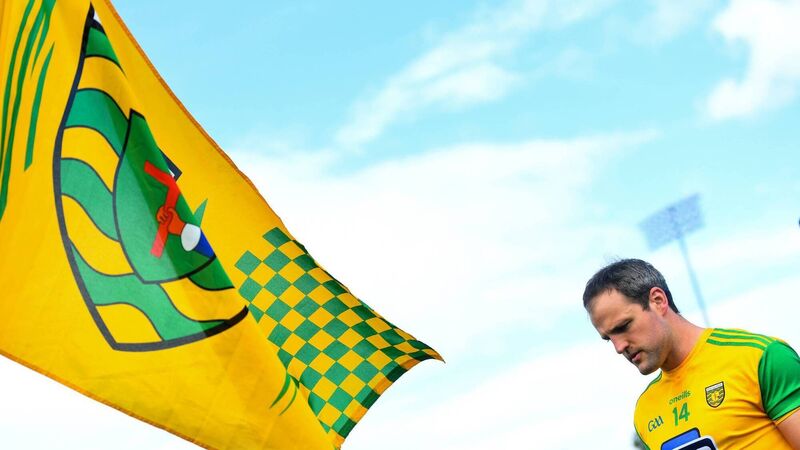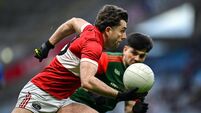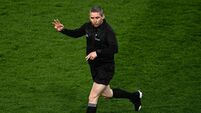The last of the cut-throats: The 2000 Ulster SFC remembered

Michael Murphy of Donegal ahead of last year's Ulster SFC semi-final. Picture: Ramsey Cardy/Sportsfile
At some point on Sunday evening, Derry manager Rory Gallagher and Armagh manager Kieran McGeeney may spot each other on the sideline of Celtic Park and be transported back in time.
Two decades ago to be precise, the last summer the All-Ireland Championship was staged as a straight knock-out tournament.











